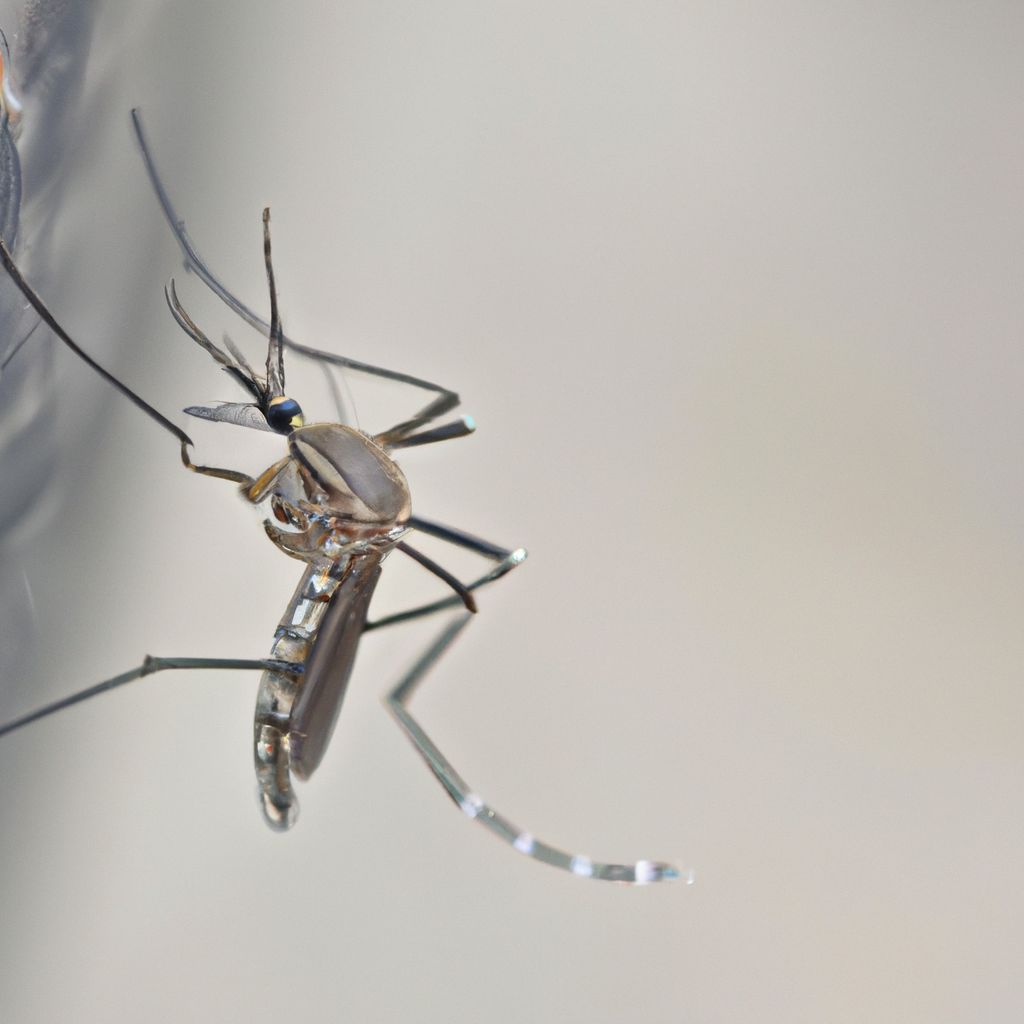Rare mosquito virus prompts US towns to close public parks
17 December 2024 ❤ 0
In recent weeks, several towns across the United States have made the difficult decision to close their public parks due to a rare and potentially deadly mosquito-borne virus. The Eastern Equine Encephalitis (EEE) virus, which is transmitted by infected mosquitoes, has been detected in multiple states and has already claimed the lives of several people. As a result, local authorities are taking swift action to protect their communities from this alarming threat.
The EEE virus is not a new phenomenon, but its recent resurgence has raised concerns among health officials and residents alike. The virus was first identified in Massachusetts in 1831 and has since been reported in various parts of the country. However, this years outbreak is particularly concerning as it has spread to states that have not seen cases of EEE in decades.
One of the most affected states is Michigan, where nine cases of EEE have been reported so far this year. This is a significant increase from previous years, as Michigan typically only sees one or two cases annually. As a result, several counties in the state have declared a state of emergency and have taken measures to combat the spread of the virus.
One such measure is the closure of public parks. In Kalamazoo County, all outdoor activities at county-owned parks have been suspended until further notice. This includes canceling events and closing off access to playgrounds and picnic areas. The decision was made after an EEE-infected mosquito was found in one of the countys parks.
Similarly, officials in Barry County have closed all county-owned parks after an EEE-infected deer was discovered near one of their campgrounds. The closure not only affects recreational activities but also impacts hunting season for local hunters who rely on these parks for their sport.
The closures are not limited to Michigan; other states such as Massachusetts and Rhode Island have also taken similar precautions. In Massachusetts, several towns have restricted outdoor activities during peak mosquito hours, and in Rhode Island, the state has closed several parks and recreational areas.
The decision to close public parks has not been an easy one for local authorities. Parks are a vital part of communities, providing a space for people to exercise, relax, and connect with nature. However, the risk of contracting EEE is too great to ignore. The virus has a mortality rate of around 33%, making it one of the most deadly mosquito-borne diseases in the United States.
What makes EEE even more concerning is that there is no specific treatment or vaccine available for it. The only way to prevent infection is by avoiding mosquito bites. This means that closing public parks and limiting outdoor activities is currently the most effective way to protect people from the virus.
The closures have also sparked debates about the use of insecticides to control mosquito populations. Some argue that spraying insecticides can harm other insects and animals, while others believe it is necessary to prevent the spread of EEE. In Michigan, aerial spraying has been conducted in some areas with high concentrations of mosquitoes carrying the virus.
In addition to park closures and insecticide use, health officials are urging people to take precautions when spending time outdoors. This includes wearing long-sleeved clothing and using insect repellent containing DEET. They also advise avoiding outdoor activities during peak mosquito hours (dusk and dawn) when mosquitoes are most active.
The impact of these park closures goes beyond just limiting recreational activities; it also affects local businesses that rely on tourism from these areas. In Michigans Upper Peninsula, where several state parks have been closed due to EEE concerns, local businesses have reported a decrease in visitors and revenue.
However, many residents understand the severity of the situation and support the closures as a necessary measure to protect their communities. Some have even taken matters into their own hands by canceling outdoor events or moving them indoors.
The EEE outbreak serves as a reminder of the importance of mosquito control and the potential dangers of these tiny insects. It also highlights the need for continued research and development of treatments and vaccines for mosquito-borne diseases.
As the EEE virus continues to spread, it is crucial for people to stay informed and take necessary precautions to protect themselves. While the closures of public parks may be an inconvenience, they are a necessary step in preventing further spread of this rare and deadly virus. As local authorities work to contain the outbreak, it is important for communities to come together and support each other during this challenging time.


indoor games are life
Playing indoor is also like playing outside when it comes on basket ball, and the risk factor is equal playing inside or outside
By mojo, 29 Jan 21